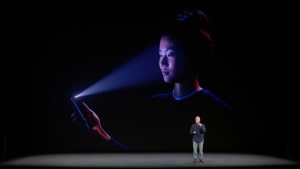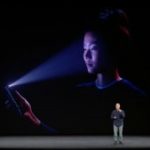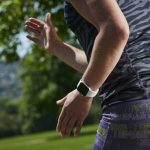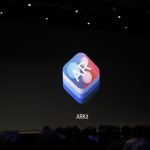People are understandably freaked out by Apple’s FaceID biometric security
Maybe it’s the anxiety in the air in the age of Trump tweets and Equifax hacks, but a lot of people seem to be freaked out by Apple’s Face ID. The new feature, which uses facial recognition to unlock your pricey new iPhone X, promises to keep what Phil Schiller calls your “face data” safe and secure and mostly on your device.
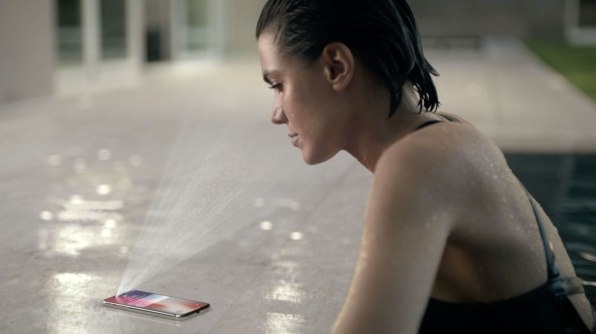
But from the looks of my Twitter feed, many are having a hard time seeing past the dystopian implications–to say nothing of the dystopian imagery–of Face ID.
Who thinks Apple FaceID is creepy as Hell?
— Mark Dice (@MarkDice) September 12, 2017
Queasy hot takes like this are to be expected. The 2013 launch of the TouchID fingerprint sensor elicited more than a few page-view grabs imagining severed fingers, 3D printed hacks, and other worst-case scenarios. But Face ID does have a bit more of a sci-fi feel to it and comes at a time of higher anxiety among many Americans, as Violet Blue points out.
Just seems like FaceID is exquisitely tone-deaf to a populace facing law enforcement database lists, roundups, and unwanted phone searches.
— Violet Blue ® (@violetblue) September 12, 2017
Some of the most commonly tweeted concerns have to do with how the feature might be abused by thieves, curious snoopers, and law enforcement. Can somebody take your iPhone X, point it at your face, and start perusing your private data–the way that some police body cameras are already able to do–with help from the FBI’s giant secretive face database? What’s stopping the police from doing this and searching your phone without a warrant?
It’s impossible to say two months before the phone even ships, as the ACLU conceded to Quartz. But a year or two from now–perhaps when we’ve moved on to the next frontier in biometric authentication–we’ll know whether these concerns are just knee-jerk hot takes or prescient warnings we should have heeded.
#FaceID
Good: Design looks surprisingly robust, already has a panic disable.
Bad: Normalizes facial scanning, a tech certain to be abused.— Edward Snowden (@Snowden) September 12, 2017
Either way, the tech is pretty neat!
Fast Company , Read Full Story
(20)

